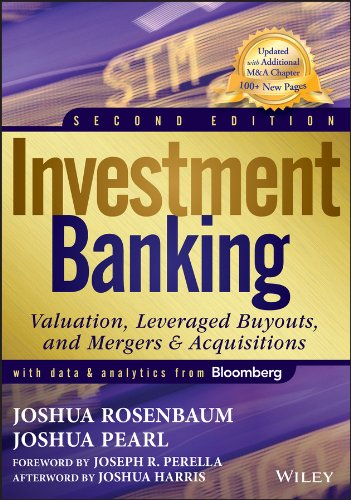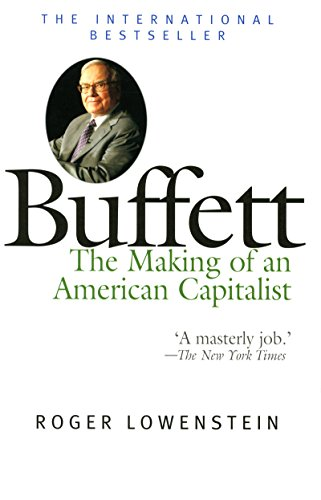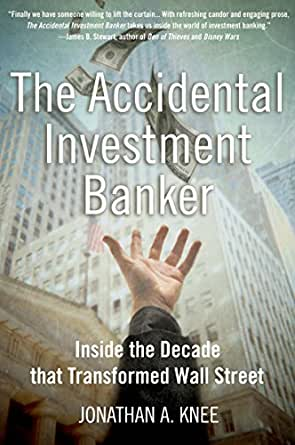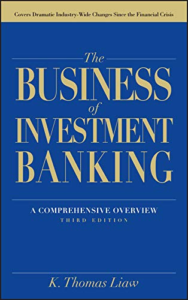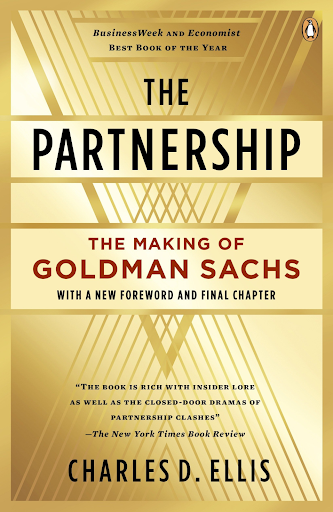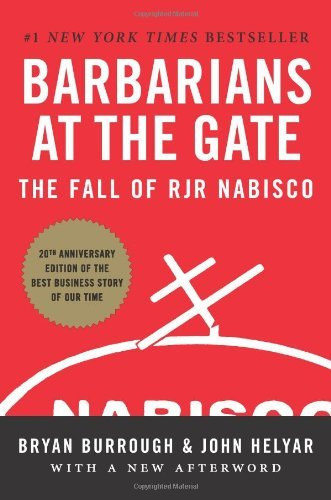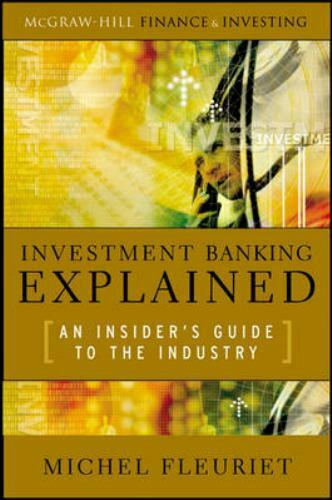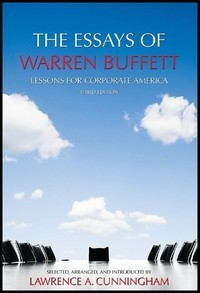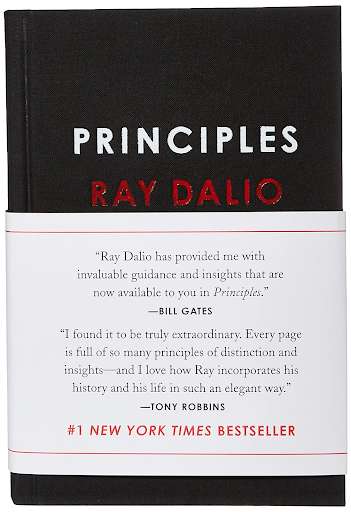Investment Banking is sometimes confused with trading. However, with trading, an individual or entity buys and sells financial instruments for clients. While the former helps the client access funding through investments.
The banking of investment aids private and public corporations issue equity and debt securities as well as helping in corporate restructuring, M&A etc. If you’re considering careers in this sector, there are many resources outside of the school’s curriculum that you can access. Hundreds of literatures provide insight and knowledge about this specialized field written by some of the best investment bankers. They cover the history and other vital aspects to know. Here are 9 books for essential reading :
Investment Banking: Valuation, Leveraged Buyouts, and Mergers and Acquisitions by Joshua Rosenbaum and Joshua Pearl
Written by authors with a wealth of experience in the field, this book looks at some of the common valuation methodologies used. It also explores the fundamentals and key concepts you would need to succeed in the field. “Investment Banking: Valuation, Leveraged Buyouts, and Mergers and Acquisitions” is written in easy-to-understand language so anyone can be carried along and gives a wide array of situational examples and how to use Excel spreadsheets, which are heavily used in M&M&A.
Buffett: The Making of an American Capitalist by Roger Lowenstein
Another very important book an investment banker should consider is this. This is a biography of the infamous Warren Buffet, CEO of Berkshire Hathaway, written by Lowenstein in 1995. The book, like all entrepreneurship books for students, teaches and aids in the art of focus. It begins with a side disclaimer to make the reader turn away from a bias in his prose because of his close relationship with Buffet. “Buffett: The Making of an American Capitalist” describes Buffett’s life, his early days, growth and investment objectives, leaving the audience more educated about investing. What cannot be sure is if these lessons will translate into great results.
The Accidental Investment Banker: Inside the Decade That Transformed Wall Street by Jonathan A. Knee
Though the title of the book creates a first impression about the author, Jonathan Knee’s career is no accident. “The Accidental Investment Banker: Inside the Decade That Transformed Wall Street” is written honestly and courageously, also ridden with wit and humor. He saw firsthand the opulent deal-making of the freewheeling 1990s, at the wave of the Internet economy, often by devil-may-care methods, from his prestigious days at GS and Morgan Stanley.
The Business of Investment Banking: A Comprehensive Overview by K Thomas Liaw
This examines the developments and highlights the potential for finance students and professionals. K Thomas Liaw provides an overview of the sector, including changes in practices, trends, laws, data, and detailed explanations of these changes. “The Business of Investment Banking: A Comprehensive Overview” will undoubtedly assist individuals seeking to grow in this field. The book is divided into four significant sections covering; the basics, international capital markets, trading and risk management, and special topics that explore recent securities regulations, ethics, and important market trends.
The Partnership: The Making of Goldman Sachs by Charles D. Ellis
Charles Ellis, in “The Partnership: The Making of Goldman Sachs”, describes the intriguing and educational story of one of the most successful corporations, from its establishment in 1869 through its recent metamorphosis into a commercial bank in 2008. Its main usefulness to professionals understands Goldman’s exceptional ability to adapt and then move on to ever-greater profits. Calling out benefits of teamwork, competitive drive, bottom-line emphasis, excellence in recruiting, and high esteem for intellectual capability will be repeatedly shown in practice for readers.
Barbarians at the Gate by Bryan Burrough and John Helyar
“Barbarians at the Gate” is found on almost every recommended to-read list. It speaks a lot about the book’s excellence that it is still considered an essential guide even after more than 30 years.
Burrough and Helyar were two investigative journalists who dug deep into RJR Nabisco’s company leveraged purchase, if you’re unfamiliar with the tale. It delves into tense negotiations, appraisals, egos standing in the way of decision-making, and, most importantly, the dangers of too much leverage.
Investment Banking Explained: An Insider’s Guide to the Industry by Michel Fleuriet
In “Investment Banking Explained: An Insider’s Guide to the Industry”, Fleuriet provides an overview of the sector and extensively details how companies operate from the inside. Beginning with the fundamentals, such as key terms, structures, and strategies, the writer incrementally guides the reader through more extensive topics such as leading firms’ operations, changing perspectives on managing risk, and developing international strategy in an increasingly complex interconnected finance world.
The writer presents a unique perspective on the issue, focusing on the responsibilities performed by traders, brokers, relationship managers, hedge fund managers, and other intermediates. It stands out for its practical usefulness and applicability.
The Essays of Warren Buffett: Lessons for Corporate America
Written by Buffet, this captivating piece of writing offers nuggets of insight on investment and administration. Buffett’s writing from Berkshire Hathaway’s annual reports is largely collected in “The Essays of Warren Buffett: Lessons for Corporate America”.
Some of Warren Buffett’s wise words have been reproduced so many times that they have entered the common vernacular, for example, “it’s only after the tide goes out that you find who was swimming nude.”
Principles by Ray Dalio
Dalio shares a glimpse into the concepts he’s implemented throughout his life and profession, as well as his underlying observations, in this excellent work. He begins “Principles” by stating that “good principles are successful methods of coping with reality,” and that “I spend a lot of time pondering to develop my own.”
Conclusion
These 9 books are highly important, and anyone can consume them whether starting a career in banking or already a professional in the sector. The insights, lessons, and valuable examples will guide and give you all the information on private equity, financial modeling you need for free to succeed.
About the Author
Bertha Graham is a blogger and an expert in finance education. Many of her works have been published in online publications and journals. She is a writer at PapersOwl and a lecturer of Course in The Essentials of Finance and Accounting for Non-Financial Managers. Her contributions are super insightful and shed light on fundamental aspects of the sector.

